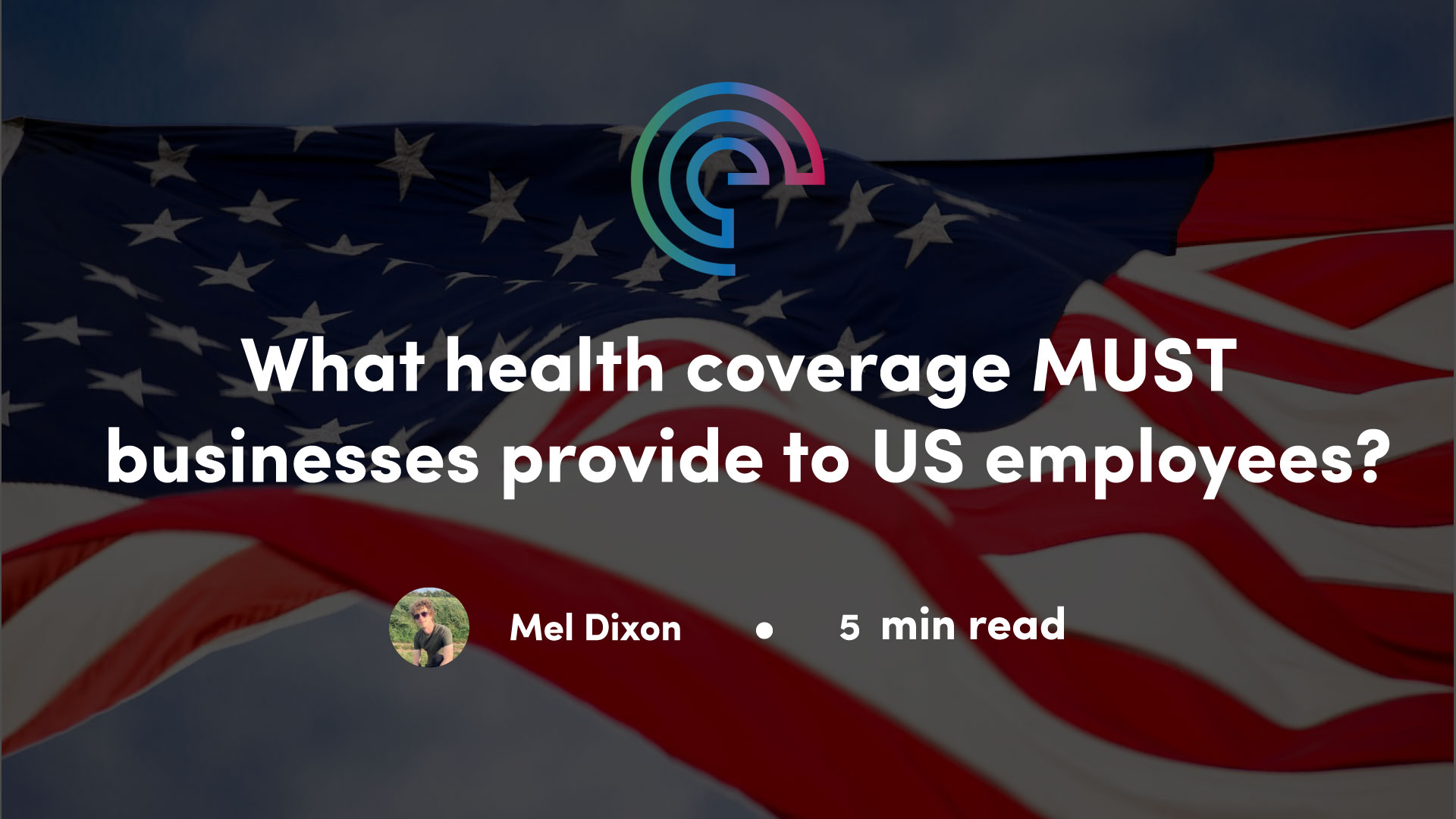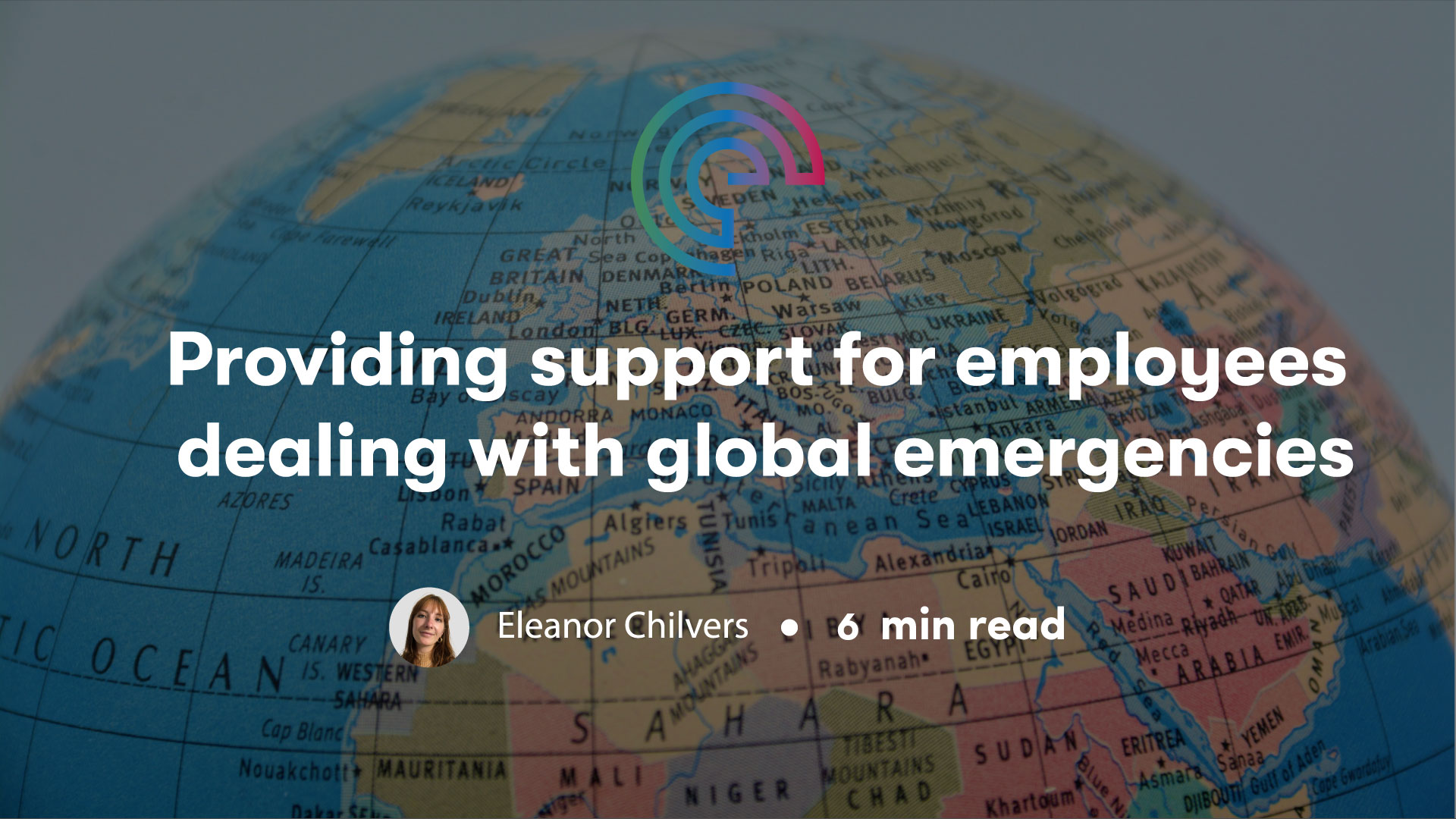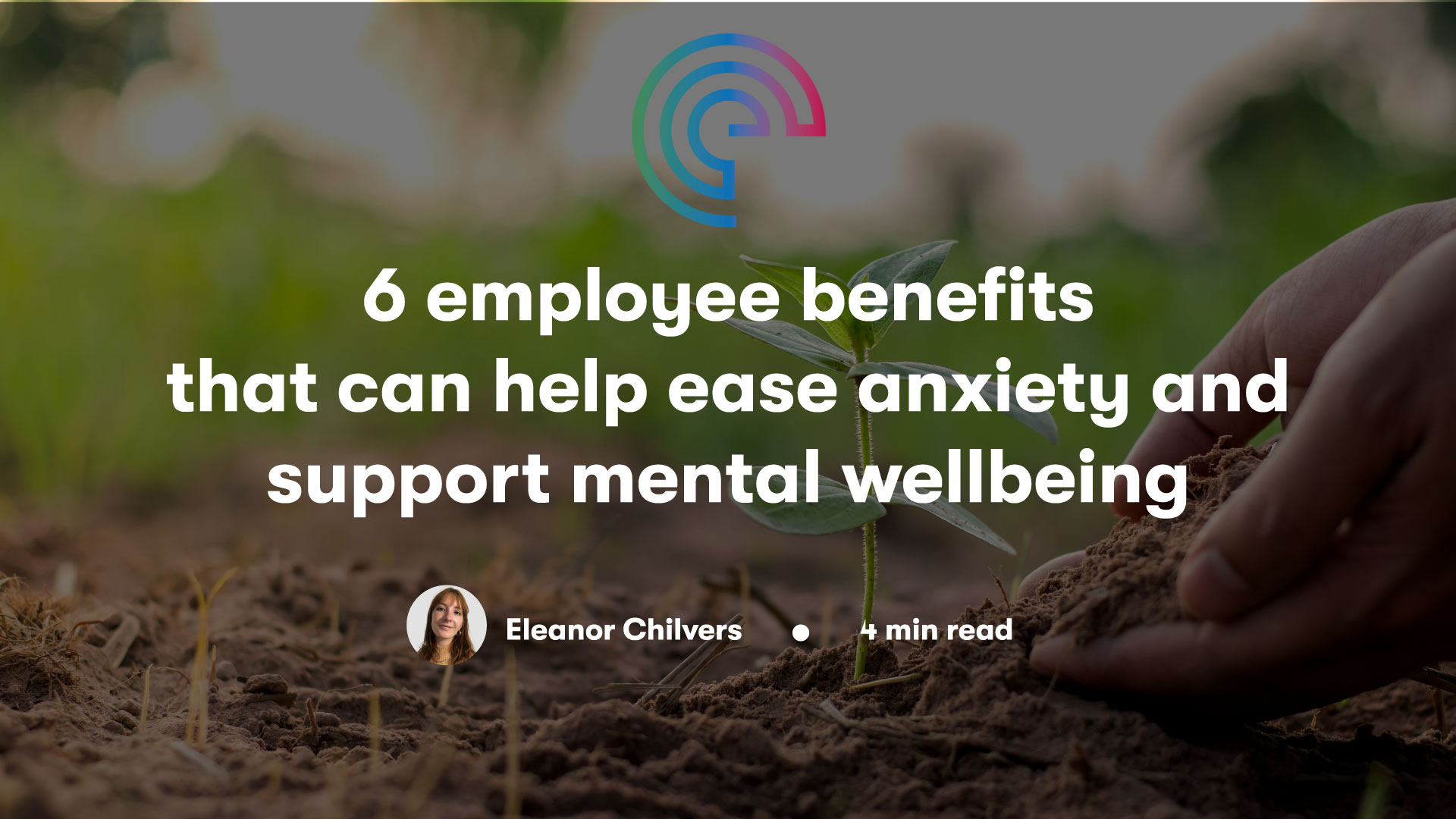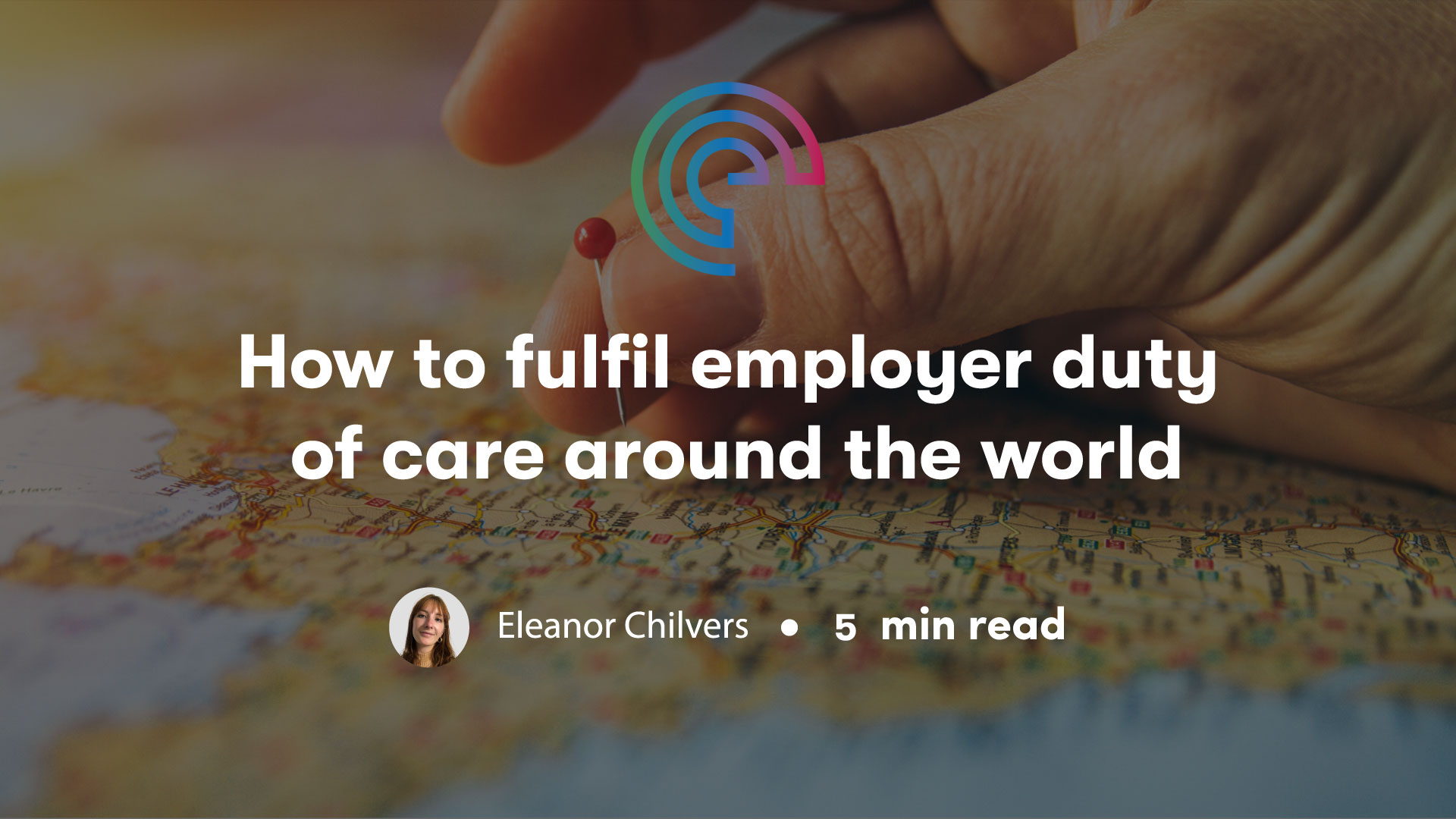Health insurance is one of the biggest hurdles for businesses seeking to hire employees in the US.
There’s no denying that it can be both outrageously expensive and infuriatingly complicated.
Four out of five (79%) of SME business owners in the US said that health insurance costs risked eating up their profitability, according to a report by Enterprise Bank & Trust.
Some companies are legally required to provide health insurance to US employees. But even if your business is exempt, employees are likely to expect it anyway – most working age people receive health insurance from their employer.
In this blog post, we examine the legal requirements placed upon businesses and reveal what US employees commonly expect from their employer.
Need one-to-one advice related to healthcare requirements in the US? Speak to our award-winning team of international experts for FREE advice without obligation. Call us on +44 (0)1273 974419 or email [email protected]
What are the mandatory requirements and who do they apply to?
Companies with an average of at least 50 qualifying full-time employees (defined as a minimum of 30-hours a week) in the prior calendar year must offer a health insurance plan.
Under ‘employer shared responsibility’ regulations, at least 95% of full-time employees must be offered “adequate and affordable” health coverage, including to qualifying ‘dependents’ under the age of 26 (i.e. an employee’s son or daughter).
Failure to meet obligations will see employees hit with a fine which may be greater than what the group healthcare plan would otherwise cost.
How much coverage should an employer offer?
To provide what’s deemed ‘minimum value’, the health plan must cover at least 60% of overall medical costs for a standard (or average) population. Medical costs are calculated based on an estimate of the cost of services likely to be claimed on the plan. The employee then pays the rest of the cost (a maximum of 40%) – BUT, you can only ask an employee to pay up to 9.12% of their household income towards the cheapest health plan you’re offering.
Under the Affordable Care Act (ACA), a health plan must cover, as a minimum:
- Outpatient care (hospital services that don’t require an overnight stay, including consultations, tests and outpatient surgeries)
- Emergency care
- Prescription drugs
- Hospitalisations
- Maternity and newborn care
- Mental health counselling services
- Laboratory services (diagnostic tests including X-rays, blood tests and more)
- Substance abuse services, including counselling
- Rehabilitation and habilitation services (services which assist with recovery from injury or illness, and disability assistance)
- Paediatric services (including routine check-ups, vaccinations, oral and optical care).
- Preventive and wellness services (such as health screenings, vaccinations, and support for chronic conditions)
Employers can of course choose to add more services such as dental and optical care or birth control.
What’s the penalty for failing to meet ACA requirements?
There are two different ways that a business can fail to meet requirements:
- They fail to offer coverage to their employees
- They offer coverage to all employees but fail to cover enough of the cost
In the first case, they need to cover at least 95% of full-time employees (those working 30+ hours a week). Failure to do so attracts a fine of $2,880 per full-time employee, as of 2023.
In the second case, the penalty for an employer that offers coverage that isn’t affordable and/or doesn’t provide minimum value is $4,320 per full-time employee who obtains a premium tax credit in the marketplace.
Figures are updated each year at the IRS website.
To receive business-specific advice related to US healthcare and global employee benefits, contact our team of international specialists. Our advice is given free of charge and there is no obligation to take things further. Call us on +44 (0)1273 974419 or email [email protected]
What do employers typically offer?
Almost all multinational companies provide supplementary medical benefits through a Group Health Insurance plan, and approximately 50% of SMEs also offer coverage in this way.
(Note: the largest companies self-insure, which means they pay for health treatments through their own finances rather than out of an insurance policy.)
Companies typically buy a US Group Health Insurance plan in one of the following ways:
Preferred provider organisation (PPO) plan:
A PPO plan is provided by around two-thirds (66%) of large employers, making it the most common means of purchasing healthcare, according to data gathered by Axco. The employer or the insurer can negotiate fees with the PPO to gain access to a network of hospitals and medical professionals. They can also get access to medical services outside of the network, which makes this a higher cost means of Group Health Insurance in the US.
High deductible health plans (HDHP)
HDHP’s are rising in popularity with approximately 58% of large businesses now providing health insurance through it. The employer pays a lower premium, but then has higher payout costs in the result of a claim. This often makes it a better choice for businesses with a younger, healthier workforce who are less likely to make a claim. Emergency and urgent care may be provided outside of the network if it’s with an approved provider, but non-urgent care isn’t covered.
Health maintenance organisations (HMO)
An HMO is a lower cost alternative to a PPO, which requires the selection of a primary care physician upon enrolment and in-network coverage only (no coverage out of network). These can work for regional provider access areas. This means that healthcare is usually restricted to a particular locality, though emergency services can be accessed. Around 18% of large organisations provide a HMO according to Axco.
Miscellaneous health provisions:
Other health benefits typically offered by businesses include:
- Dental insurance (offered by 40% of employers)
- Optical insurance (25% of employers)
- Wellness programmes (65% of multinationals and leading local employers, 25% amongst SMEs) – may include EAPs, health screenings, exercise programmes, counselling and more
- Telemedicine (offered by around 95% of medium-to-large organisations)
Source: Axco
What are US employers expected to provide?
We now understand what businesses are obliged to do, but what are they expected to do? Even smaller companies free of any legal requirement to provide health coverage, may have a commercial pressure to do so explains US healthcare broker, Ed Ligonde:
“It’s a war on talent right now and if you don’t have a fairly comprehensive benefit package, then you’re going to lose out on the talent you’re looking for. Employees are looking for a benefits package that helps them both at work and in their personal lives. Therefore, investing in a benefits package, but also something that’s pretty strong, is becoming table stakes now and expected from applicants.”
In other words, offering a basic healthcare package to US employees is a minimum requirement if you want to employ capable people.
“Company health provision ranges in strength from offering only medical, to offering retirement plans, lifestyle benefits, wellness initiatives and dental, vision, life insurance, disability insurance… benefits that promote overall wellbeing,” adds Ed.
“But medical coverage is the number one driver, since the healthcare system here is at times difficult to understand and pay for that having medical coverage is expected for any employer even with less than fifty employees.”
Need help navigating the US health market?
US healthcare is fiendishly complicated for any business expanding into the US. It’s also rather expensive. This means that getting impartial advice from experts is so important. At Engage Health Group we have a team of international specialists ready to field your questions related to US healthcare and they won’t charge you a penny.
Call us on +44 (0)1273 974419 or email [email protected]









